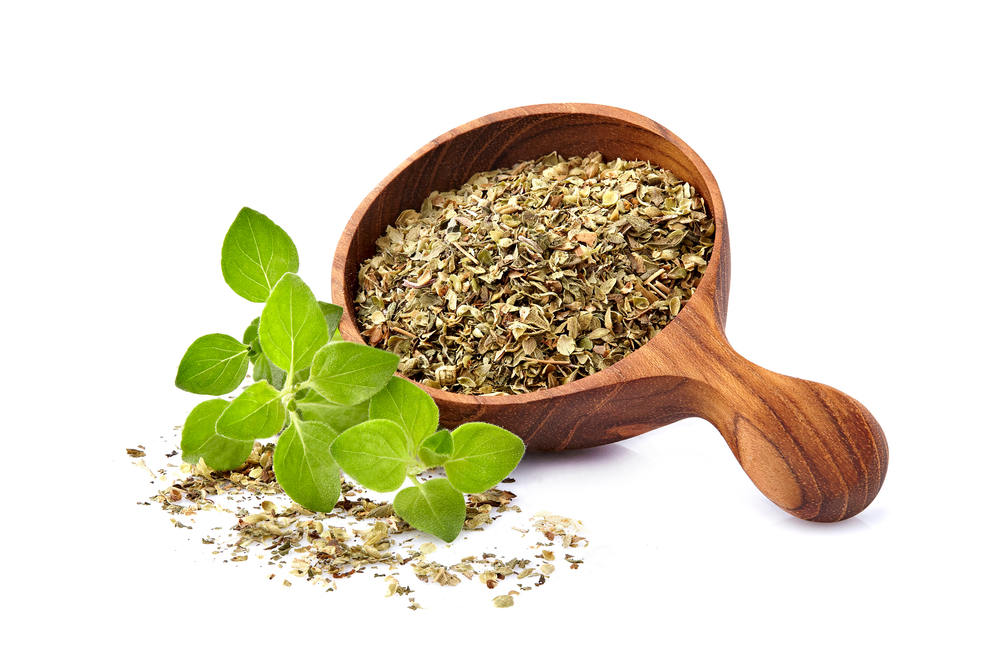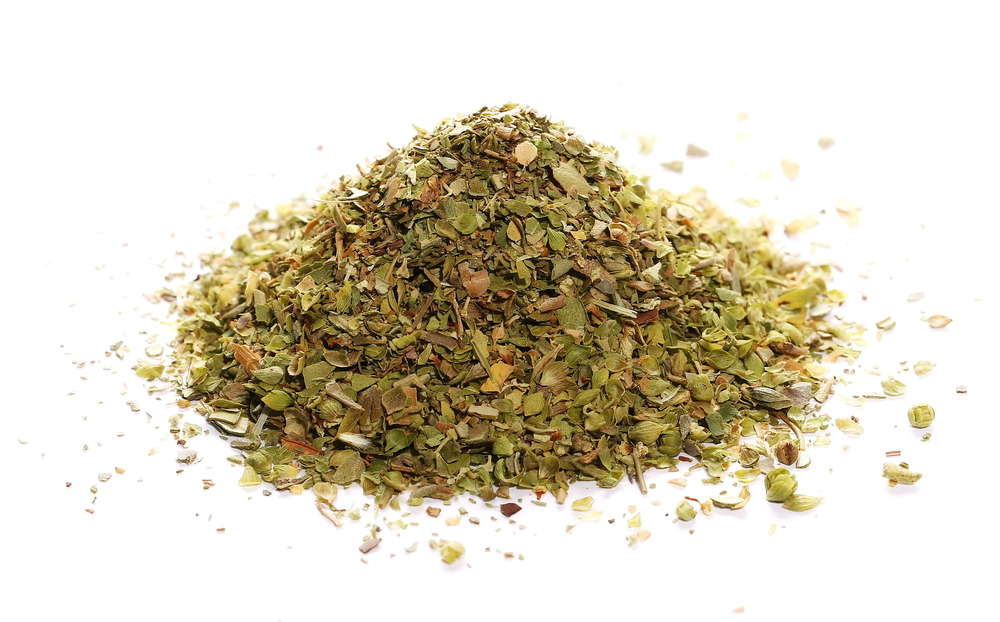Oregano, scientifically known as Origanum vulgare, is a beloved herb cherished not only for its culinary delights but also for its myriad of health benefits. Native to the Mediterranean region, this aromatic herb has been utilized for centuries, both as a flavor enhancer in cooking and as a therapeutic remedy in traditional medicine practices. This essay delves into the multifaceted usage and the plethora of benefits that oregano offers to our culinary experiences and well-being.

Culinary Usage:
Oregano is a staple herb in Mediterranean cuisine, where its robust flavor profile adds depth and richness to various dishes. Whether used fresh or dried, oregano lends its distinct taste to pizzas, pasta sauces, salads, marinades, and soups. Its versatility extends beyond Italian cuisine; oregano finds its way into Mexican, Greek, and Middle Eastern dishes, infusing them with its characteristic aroma and flavor. The herb’s earthy, slightly bitter, and slightly peppery notes elevate the taste of dishes, making it a favorite among chefs and home cooks alike.
Health Benefits:
Beyond its culinary prowess, oregano boasts an impressive array of health benefits attributed to its potent medicinal properties. Rich in antioxidants, oregano helps combat oxidative stress in the body, thereby reducing the risk of chronic diseases such as cancer and heart disease. It also exhibits antimicrobial properties, thanks to compounds like carvacrol and thymol, which can help fight off harmful bacteria and fungi, making it a natural antibiotic and antifungal agent.
Oregano is also renowned for its anti-inflammatory properties, making it beneficial for individuals suffering from inflammatory conditions such as arthritis. Moreover, studies suggest that oregano may support digestive health by aiding in the digestion process and soothing gastrointestinal discomfort.
Furthermore, oregano contains vitamins and minerals essential for overall health, including vitamin K, iron, manganese, and calcium. These nutrients contribute to bone health, blood clotting, and immune function, underscoring the herb’s holistic approach to well-being.
Therapeutic Applications:
In addition to its culinary and nutritional benefits, oregano has long been utilized in traditional medicine for its therapeutic properties. Oregano essential oil, extracted from the leaves of the plant, is valued for its antimicrobial, anti-inflammatory, and analgesic properties. It is commonly used topically to alleviate pain, reduce inflammation, and treat skin conditions such as acne and eczema.
Moreover, oregano oil is hailed for its immune-boosting effects, helping the body fend off infections and illnesses. Whether used in aromatherapy to promote relaxation and relieve stress or applied directly to the skin to address specific ailments, oregano essential oil offers a natural and effective alternative to conventional remedies.

Conclusion:
oregano is much more than a mere culinary herb; it is a powerhouse of flavor and health benefits. From enhancing the taste of dishes to supporting overall well-being, oregano’s versatility knows no bounds. Whether enjoyed in a savory pasta sauce or used therapeutically to alleviate ailments, this humble herb continues to captivate our senses and nurture our bodies, embodying the timeless wisdom of nature’s bounty.
